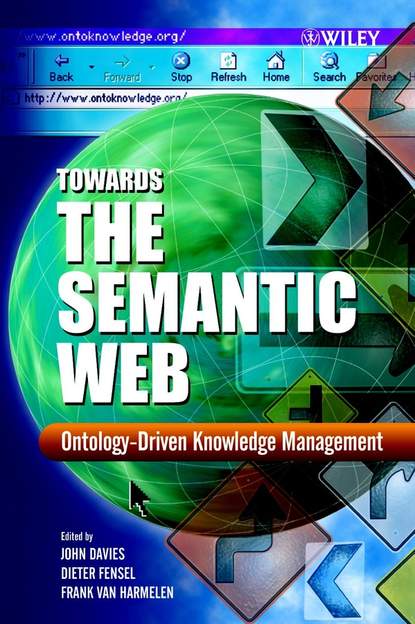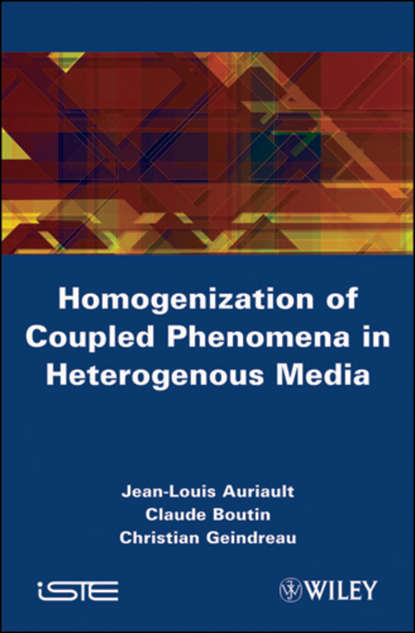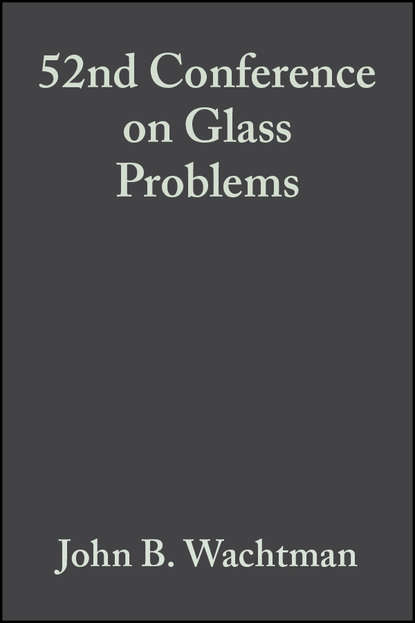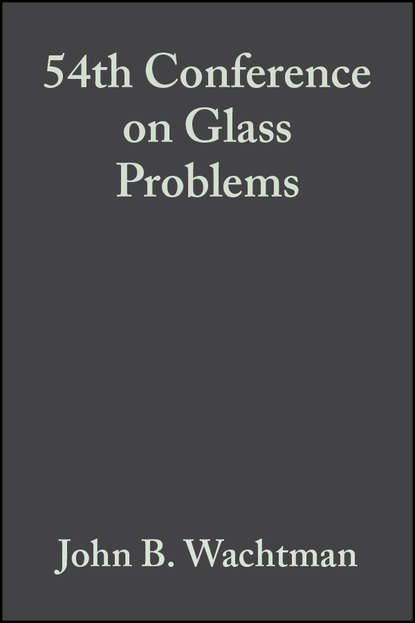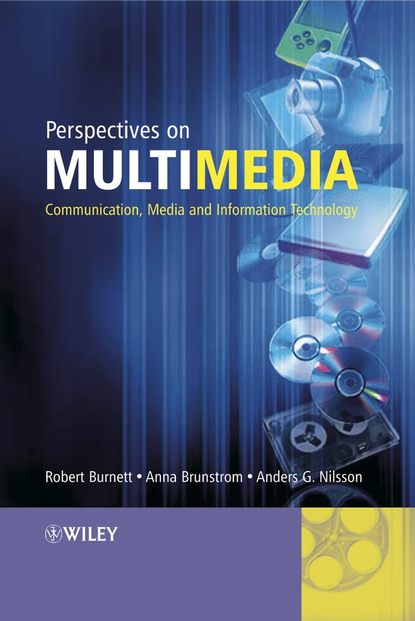В книге “Towards the Semantic Web” автор Джон Дэвис рассказывает о том, как использовать онтологии для улучшения качества управления знаниями в больших и распределенных организациях. Онтологии - это формальные теории, поддерживающие обмен знаниями и их повторное использование. Они могут быть использованы для явного представления семантики полуструктурированной информации. Эти возможности позволяют обеспечить сложное автоматическое управление получением, поддержанием и доступом к информации. Методология и инструменты разработаны для интеллектуального доступа к большим объемам полуструктурированных и текстовых источников информации как внутри, так и вне, а также в интернет-среде, чтобы использовать все возможности онтологий в поддержке управления знаниями с точки зрения клиента информации и поставщика. Цель книги - поддержка эффективного и эффективного управления знаниями, и она сосредоточена на слабо структурированных онлайн-источниках информации. Она ориентирована прежде всего на исследователей в области управления знаниями и поиска информации, а также будет полезной для студентов компьютерных наук на постдипломном уровне.
Электронная Книга «Towards the Semantic Web» написана автором John Davies в году.
Минимальный возраст читателя: 0
Язык: Английский
ISBN: 9780470858073
Описание книги от John Davies
With the current changes driven by the expansion of the World Wide Web, this book uses a different approach from other books on the market: it applies ontologies to electronically available information to improve the quality of knowledge management in large and distributed organizations. Ontologies are formal theories supporting knowledge sharing and reuse. They can be used to explicitly represent semantics of semi-structured information. These enable sophisticated automatic support for acquiring, maintaining and accessing information. Methodology and tools are developed for intelligent access to large volumes of semi-structured and textual information sources in intra- and extra-, and internet-based environments to employ the full power of ontologies in supporting knowledge management from the information client perspective and the information provider. The aim of the book is to support efficient and effective knowledge management and focuses on weakly-structured online information sources. It is aimed primarily at researchers in the area of knowledge management and information retrieval and will also be a useful reference for students in computer science at the postgraduate level and for business managers who are aiming to increase the corporations' information infrastructure. The Semantic Web is a very important initiative affecting the future of the WWW that is currently generating huge interest. The book covers several highly significant contributions to the semantic web research effort, including a new language for defining ontologies, several novel software tools and a coherent methodology for the application of the tools for business advantage. It also provides 3 case studies which give examples of the real benefits to be derived from the adoption of semantic-web based ontologies in «real world» situations. As such, the book is an excellent mixture of theory, tools and applications in an important area of WWW research. * Provides guidelines for introducing knowledge management concepts and tools into enterprises, to help knowledge providers present their knowledge efficiently and effectively. * Introduces an intelligent search tool that supports users in accessing information and a tool environment for maintenance, conversion and acquisition of information sources. * Discusses three large case studies which will help to develop the technology according to the actual needs of large and or virtual organisations and will provide a testbed for evaluating tools and methods. The book is aimed at people with at least a good understanding of existing WWW technology and some level of technical understanding of the underpinning technologies (XML/RDF). It will be of interest to graduate students, academic and industrial researchers in the field, and the many industrial personnel who are tracking WWW technology developments in order to understand the business implications. It could also be used to support undergraduate courses in the area but is not itself an introductory text.
